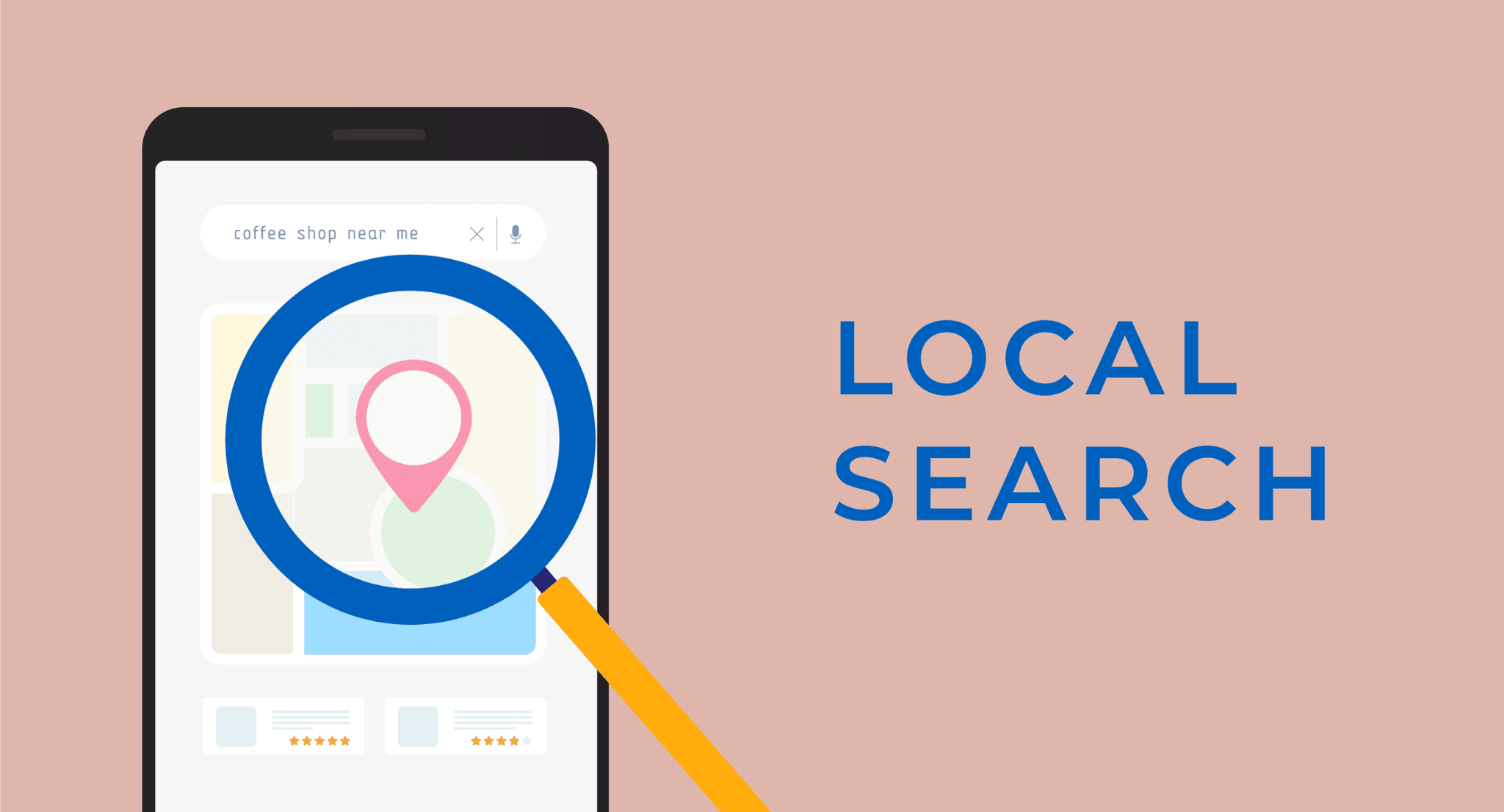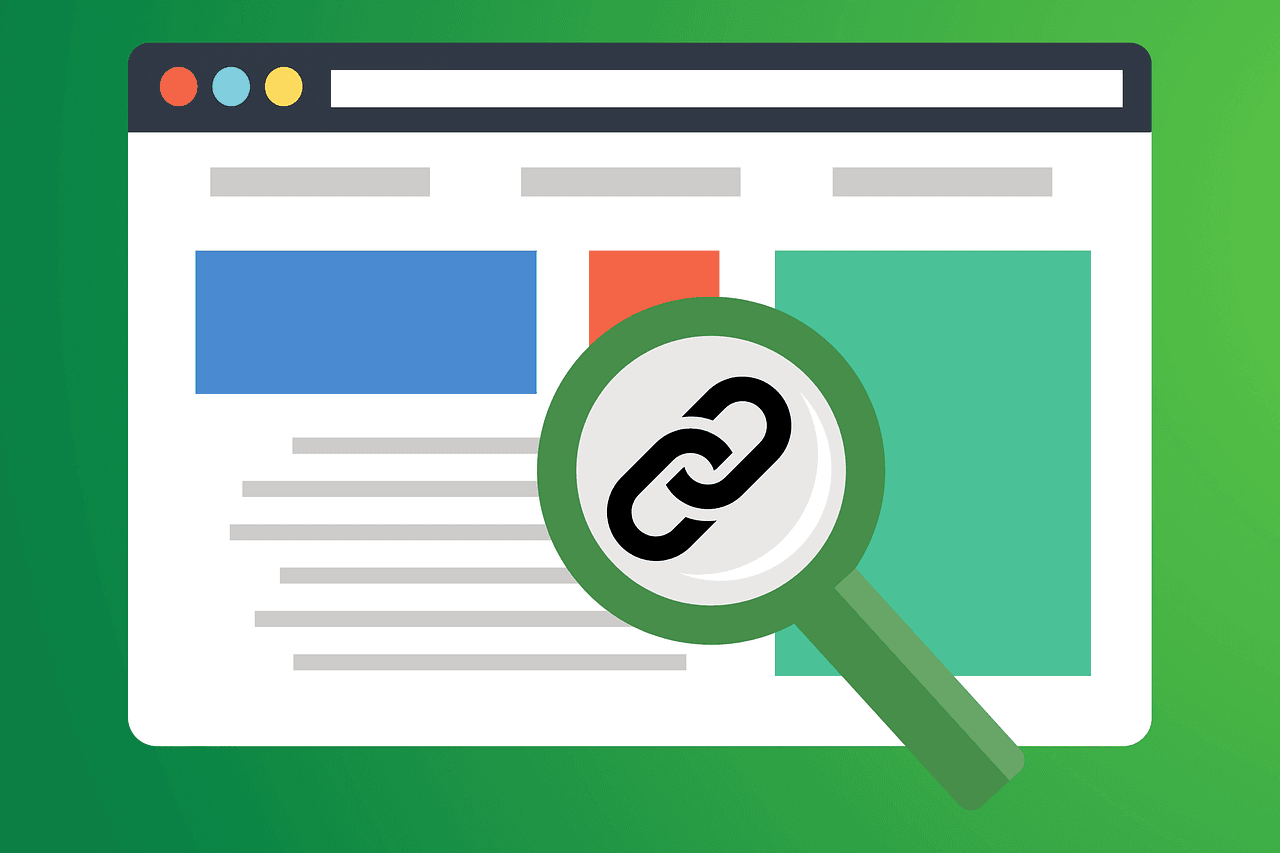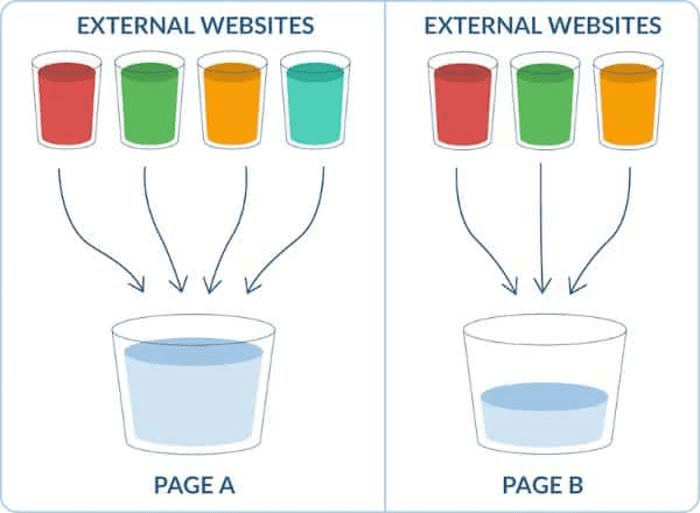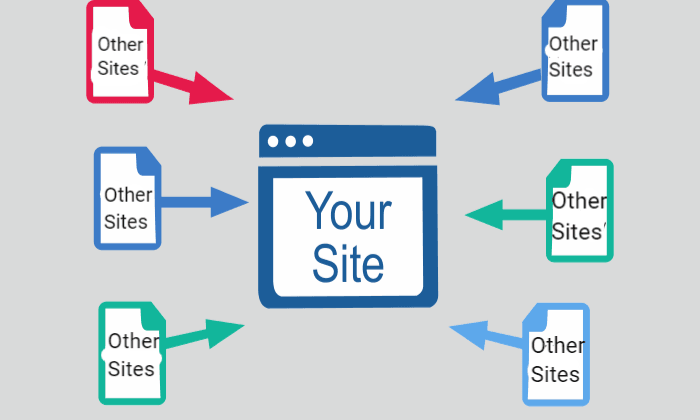Local SEO helps businesses attract customers from specific geographic areas by optimizing their online presence for location-based searches. Learn how it works, why it's crucial, and how to implement it effectively. At Keyword Metrics, we break down local SEO strategies for you.
What is Local SEO?
Local SEO (Search Engine Optimization) is a strategy used to optimize your website and online presence to attract more business from relevant local searches. It is particularly important for businesses that serve a specific geographic area or location, such as restaurants, doctors, or stores.
Local SEO helps improve your visibility on search engines like Google, making it easier for nearby customers to find you when they search for products or services you offer.
How Local SEO Works
Local SEO is different from traditional SEO because it focuses on optimizing your site and content for location-based queries. When someone performs a local search, search engines like Google prioritize showing businesses that are geographically closest to the searcher.

Here’s how local SEO works in practice:
Google Business Profile
his free tool is crucial for local SEO. By creating and verifying your Google Business Profile, you allow your business to appear in local search results and Google Maps, showcasing important information such as your address, hours, phone number, and website.
Local Keywords
Integrating location-specific keywords (like "pizza in Chicago" or "lawyer near me") into your website and content helps search engines know which area you target.
NAP Consistency
NAP stands for Name, Address, and Phone number. Ensuring your NAP details are consistent across your website and other online platforms (like directories, social media, etc.) is key for local SEO success.
Local Citations
These are mentions of your business on other websites or online directories (like Yelp or Yellow Pages). They help search engines confirm your business is legitimate and relevant to specific locations.
Reviews and Ratings
Positive customer reviews, especially on platforms like Google Reviews, can improve your local rankings and help build trust with potential customers.
Essential Tools for Local SEO and How They Help
Using the right tools can streamline your local SEO efforts, saving time and ensuring better results. Here are some key tools and how they can help optimize your local SEO strategy:
Google Business Profile
- What It Does: Google Business Profile allows you to manage your business listing on Google Search and Google Maps.
- How It Helps: You can update your business information, respond to reviews, and post updates to attract local customers. A well-optimized profile significantly improves local visibility.
Moz Local
- What It Does: Moz Local ensures your business information is consistent across various directories.
- How It Helps: Consistent Name, Address, and Phone (NAP) details build trust with search engines, improving your local rankings.
BrightLocal
- What It Does: BrightLocal provides comprehensive local SEO reporting and tools.
- How It Helps: Track local rankings, monitor reviews, and audit your local SEO performance in one place.
Google Keyword Planner
- What It Does: Google’s free tool identifies relevant keywords with location-specific search volume data.
- How It Helps: Helps you focus on the right terms to attract local traffic.
Importance of Local SEO
Local SEO is vital because it directly affects how businesses are found by nearby customers. If your business operates in a specific location, people nearby are more likely to search for your services or products using local queries.
Without local SEO, your business might get lost in the sea of search results.
Increased Visibility
Local SEO helps increase your business’s visibility in search results. This means that when someone types in a local search query, your business has a better chance of appearing in the top results.
Higher Conversion Rates
Local searches often lead to higher conversion rates. This is because users searching locally are typically looking to make a purchase or take action soon. For example, someone searching for "best plumber near me" is more likely to call and schedule a service than someone who searches for general plumbing tips.
Better User Experience
Local SEO can enhance user experience by providing people with relevant information that is easily accessible, such as business hours, directions, and customer reviews.
Pro Tips for Getting the Most Out of Local SEO
Implementing local SEO can significantly boost your online presence, but it's important to use the right strategies.
Here are some practical tips to maximize your local SEO efforts:
Claim and Optimize Your Google Business Profile Listing
Ensure your business profile is fully completed with accurate information. This includes adding photos, updating your hours, and responding to reviews. The more complete your profile, the higher the chances of showing up in local search results.
Use Local Keywords
Include specific location-related keywords throughout your website content, titles, headers, and meta descriptions. For instance, a bakery in New York should use keywords like "best bakery in New York" or "New York pastries."
Encourage Reviews and Respond to Them
Customer reviews are an essential part of local SEO. Encourage happy customers to leave positive reviews on Google and other platforms, and always respond to reviews to show you value feedback.
Ensure NAP Consistency Across the Web
Your business name, address, and phone number should be the same everywhere on the internet. This includes your website, social media profiles, and online directories. Inconsistent NAP information can confuse search engines and hurt your rankings.
Mobile-Friendly Website
Many local searches are done on mobile devices. Having a mobile-friendly website ensures that users can easily access your information and get directions, call your business, or make a purchase.
Build Local Links
Getting backlinks from other local businesses or local media sites can improve your local SEO. These links show that your business is a trusted part of the local community, and they help increase your credibility with search engines.
Examples of Local SEO in Action
Restaurant Example
A new restaurant in San Francisco uses local SEO by optimizing its website with location-based keywords like "best Italian restaurant in San Francisco" and setting up a detailed Google Business Profile with up-to-date hours, menu links, and photos. It also encourages customers to leave positive reviews, leading to better rankings for local searches.
Dentist Example
A dental practice in Austin creates blog posts targeting local keywords like "dentist in Austin for kids" and claims their Google Business listing. By keeping their NAP consistent across online directories and responding to reviews, they increase their visibility in local searches, driving more foot traffic to their office.
FAQs About Local SEO
Q: What is the difference between local SEO and regular SEO?
A: Regular SEO focuses on ranking globally, while local SEO targets location-based search queries. Local SEO optimizes your online presence to show up in searches for specific geographic areas.
Q: How long does it take to see results from local SEO?
A: Results can vary, but typically you’ll see improvements within 3 to 6 months, depending on competition and the effort put into optimization.
Q: Do I need a physical location to use local SEO?
A: Not necessarily. Businesses like service areas (plumbers, electricians) can still use local SEO by optimizing for locations they serve, even if they don’t have a storefront.
Q: Can local SEO work for online-only businesses?
A: Yes, local SEO can work for online businesses if they target specific regions. For instance, a local SEO strategy can be effective for businesses that ship locally or serve specific areas.
Related Glossary Terms to Explore
- SEO Keywords: Understanding how to target specific keywords for local SEO.
- On-Page SEO: How to optimize your website's on-page elements for local searches.


